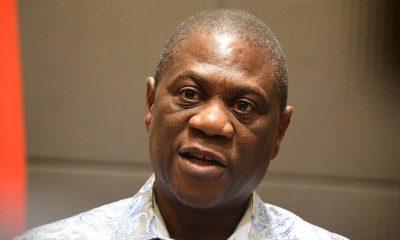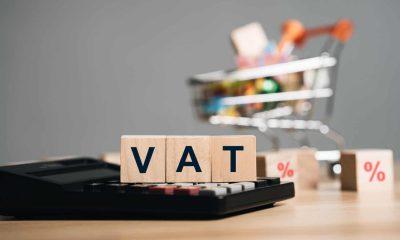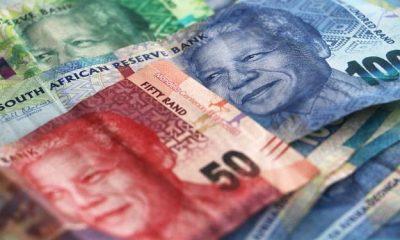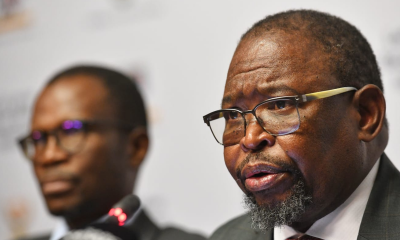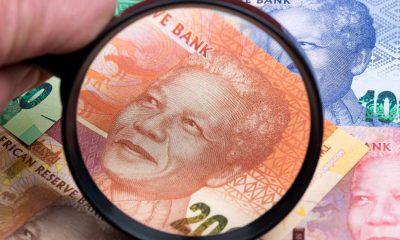Business
VAT Hike Reversal Eases Pressure for Now, But Business Warns of Tough Fiscal Road Ahead
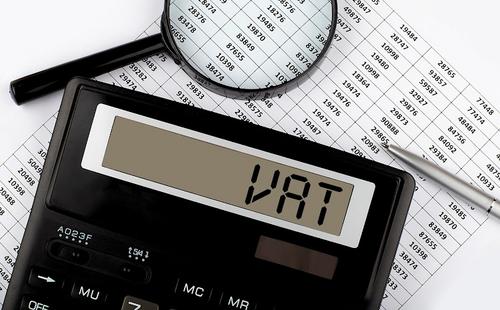
South Africa’s business community has welcomed the government’s decision to scrap the proposed VAT increase—but warns that the fiscal challenges behind the move are far from over.
The National Treasury announced on Thursday that the planned increase of the value-added tax (VAT) from 15% to 15.5%—originally scheduled for implementation on May 1—would no longer go ahead. This follows political consultations and advice from parliamentary committees.
The reversal has offered a sigh of relief to consumers and businesses alike. “It’s confidence-building,” said Prof Raymond Parsons of the North West University Business School. “But South Africa is not yet out of the fiscal woods.”
The move, while popular, leaves a massive R75 billion hole in the medium-term budget, as Treasury confirmed. To fill the gap, the government will need to revisit spending plans and seek new revenue sources.
“This postpones rather than resolves the problem,” said Boipelo Ndimande, CFO at Consult by Momentum. “Tough decisions still lie ahead.”
Rising Debt and Budget Strains
South Africa’s debt is projected to stabilize at 75.5% of GDP by 2025/26, with debt-service costs expected to consume over 21% of national revenue. This year alone, servicing the debt will cost the country R233.1 billion—a 5.8% increase compared to last year.
The South African Chamber of Commerce and Industry (Sacci) stressed that while the VAT climbdown was a welcome reprieve, it doesn’t fix the deep-rooted budgetary crisis.
“We appreciate the dilemma facing Finance Minister Enoch Godongwana,” said Sacci president Alan Mukoki. “But we still face a major challenge in managing the ballooning debt and deteriorating fiscal space.”
Business Confidence and Policy Certainty
Industry voices argue that a consistent policy environment is critical to rebuilding investor confidence. According to Brandon Cohen, chairperson of the National Automobile Dealers’ Association (NADA), this decision could mark a turning point—if followed by decisive action.
“We need to shift focus toward inclusive growth and creating opportunity,” said Cohen. “Policy certainty is vital across the value chain.”
Concerns Over Food Basket Policy
One of the consequences of the VAT reversal is the withdrawal of a proposed expansion of the VAT zero-rated food basket—initially meant to cushion vulnerable households. The budget proposal had included canned beans and peas, dairy liquid blends, and certain offal meats.
Consumer Goods Council of South Africa (CGCSA) CEO Zinhle Tyikwe expressed concern:
“Expanding the zero-rated basket would’ve helped the poor. Retailers are already working to keep basic food prices affordable, but the government needs to do more.”
The Road Ahead
Economists and business leaders alike warn that the government must now formulate a credible fiscal plan. The third national budget due soon must not only plug funding gaps but also restore trust in South Africa’s long-term financial stability.
While the VAT rollback avoids placing extra pressure on already-strained households, South Africa’s fiscal balancing act is only beginning.
{Source: MSN}
Follow Joburg ETC on Facebook, Twitter , TikTok and Instagram
For more News in Johannesburg, visit joburgetc.com

